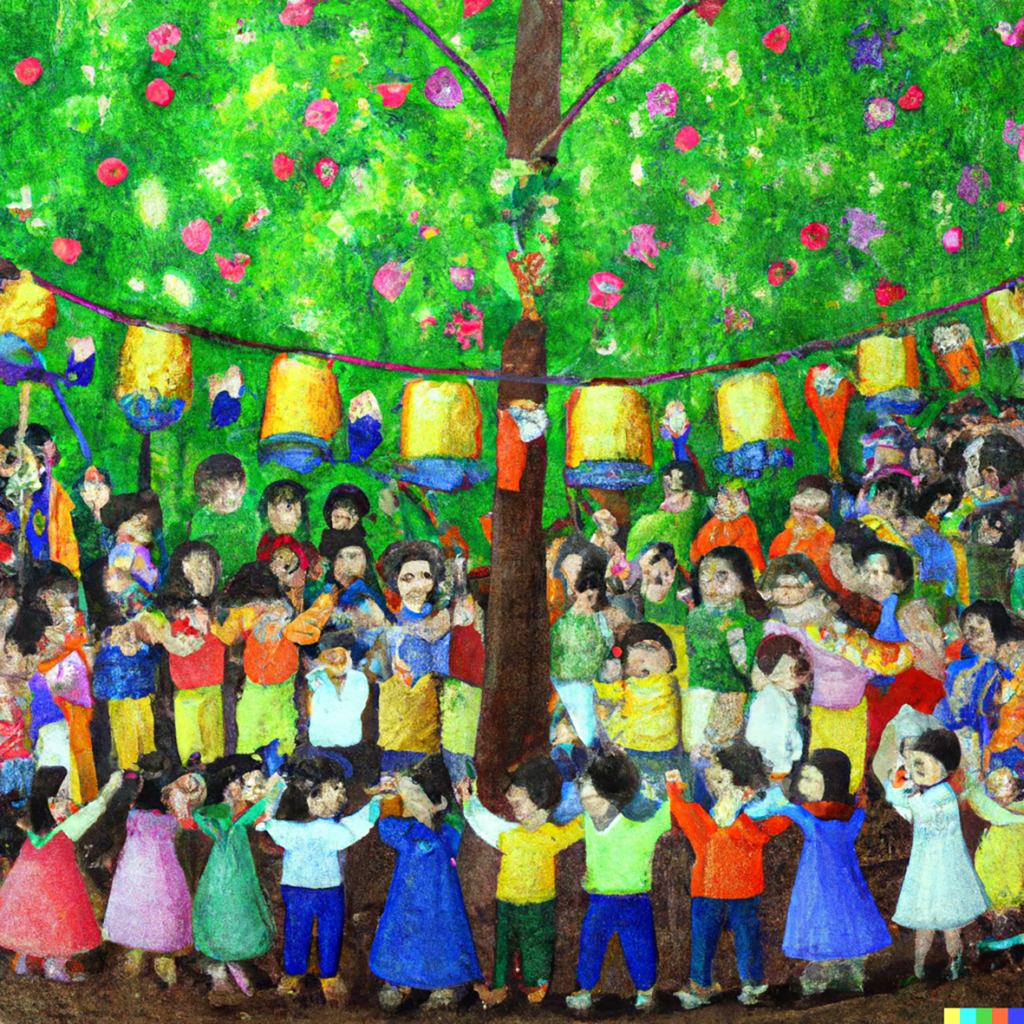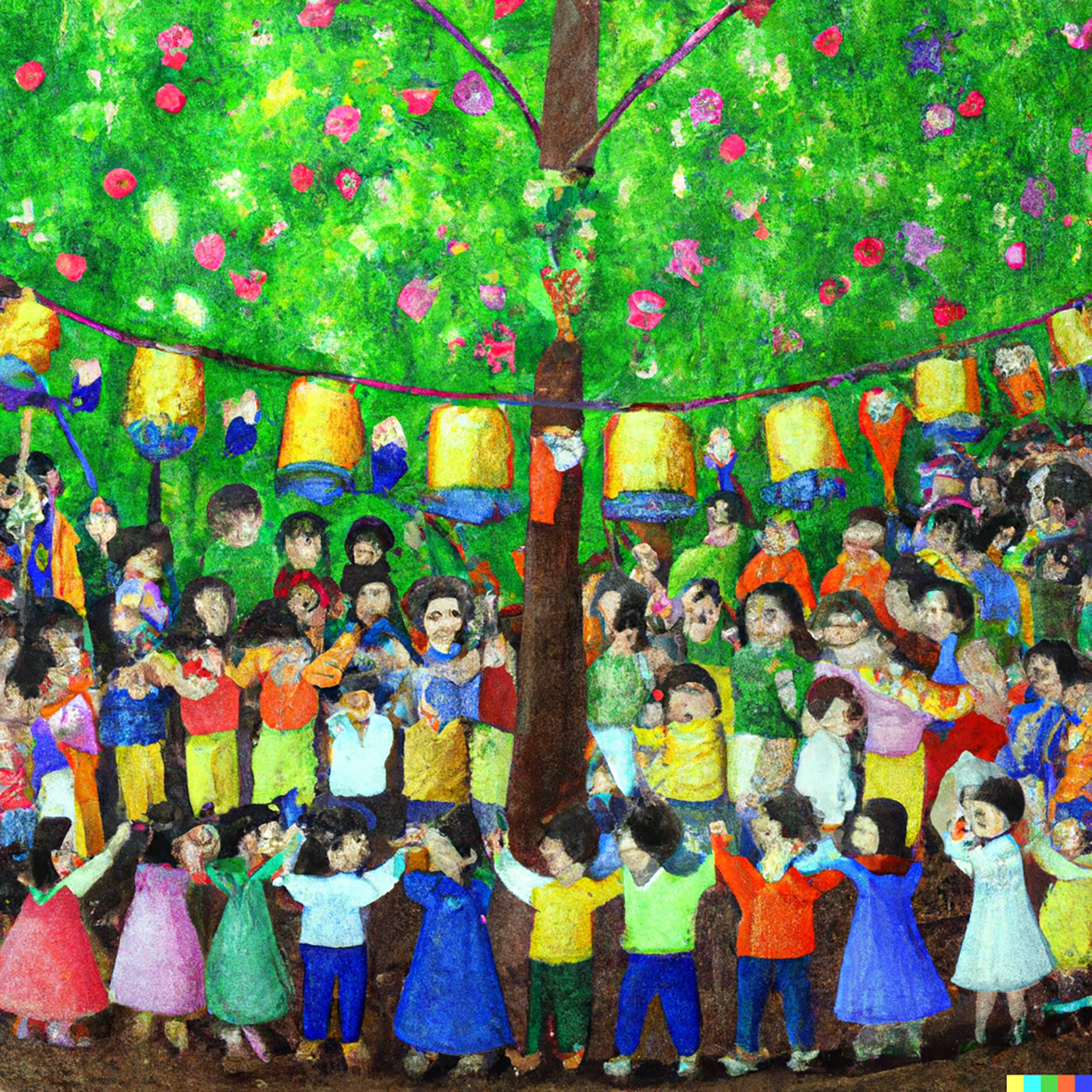Dignity Is Front and Center
By Park Nahm-sheik
Dignity is an inviolable birthright which makes all creation tick. That is especially true for humans. This message happens to be shared by May’s four holidays: Workers’ Day, Children’s Day, May 18th Gwangju Civil Uprising Day, and Buddha’s Birthday.
The first of these holidays falls on May 1 in Korea. Dedicated to all working people of Korea, it honors the sweat, tears, and blood they pour into the making of Korean society. Our national economy simply cannot do without a robust labor force. Thus, we must serve our workers, not the other way around. That is basically why we must needs treat our workers with adequate respect. Respect a man, he will do the more. Right?
Now then, are Korean workers getting their due, such as decent pay, enough benefits, and safe working conditions? Maybe not. Should that actually turn out to be the case, then we must all put on our collective thinking cap right away. We must realize from the get-go here that any heavy-handed approach to labor just won’t do.

On the heels of Workers’ Day comes 어린이날 (Children’s Day). Let’s begin here by paying attention to the suffix ‘이’ in 어린이날, which is an honorific meant to pay tribute to the dignity of the child. The history of Korea’s Children’s Day dates back to early-1920s Tokyo. A group of young Korean students there got together to contemplate ways of doing something for their homeland when it regained its independence. In the course of their deliberations, they dreamed of fostering a child-friendly milieu in their motherland, one in which children could grow up con brio and in good health into productive citizens their country could always count on in any situation.
Led by 방정환, the noted children’s rights advocate, the Tokyo ‘coterie’ took its cue from Children’s Day already observed elsewhere in the world. Thanks largely to their pioneering efforts, Korea was able to adopt May 5 as Children’s Day for the born-again Republic less than one year after liberation. It is interesting to note in retrospect that the Tokyo group’s early-on slogan was: “Keeping hopes alive and kicking is keeping the nation’s future alive and kicking.”
Thirteen days after Children’s Day comes May 18th Gwangju Civil Uprising Day. Citizens of Gwangju rose up in the much-storied civil resistance to the archfoes of human rights and civil liberties in Korea. They carried it all the way through, fighting to the bitter end – from May 18 through May 27 in 1980, to be more exact. They bluntly refused to succumb to naked force. And their heroism bore witness to the refrain: Freedom is not free! Something like “Over my dead body” must have inspired each and every one of the resistance fighters. They ended up demonstrating to the world that right can prevail over might.
Much in debt though we are to this courageous civil resistance campaign, quite a few amongst us openly badmouth the citizen warriors of Gwangju to this day. Shouldn’t we stop this senseless act of ingratitude immediately once and for all?
The May holiday we get to celebrate last is Buddha’s Birthday (May 27 this year in Korea). It marks the birth of the Buddha circa 500 B.C. in Lumbini, Nepal. Also known as Siddhartha or Sakkiamuni, he is a beacon of obeisance to nature. The quintessential Buddhist commandment “Thou shalt not kill” speaks volumes about this obeisance.
What impresses me most about the Buddha, though, is that he was a living exemplar of minimalism. He lived minimally all his awakened life, shunning anything even remotely resembling luxury. Present-day vegetarianism, for one, may well be an offshoot of the ascetic lifestyle that he embodied to the end of his life.
He was indeed the ultimate environmentalist, adoring nature in its entirety. Sure enough, he spent much of his life in the bosom of nature, lost in contemplation about the nature of nature. Hence, meditation is part and parcel of the Buddhist worldview. Everything about him shines a shaft of light on what Buddhism is all about, including the path to Nirvana or Enlightenment.
The Author
Park Nahm-sheik has a BA in English from Chonnam National University, an MA in linguistics from the University of Hawaii at Manoa, U.S.A., and a PhD in applied linguistics from Georgetown University. He is now a Professor Emeritus after a long and illustrious career at Seoul National University as well as President Emeritus of the International Graduate School of English.




